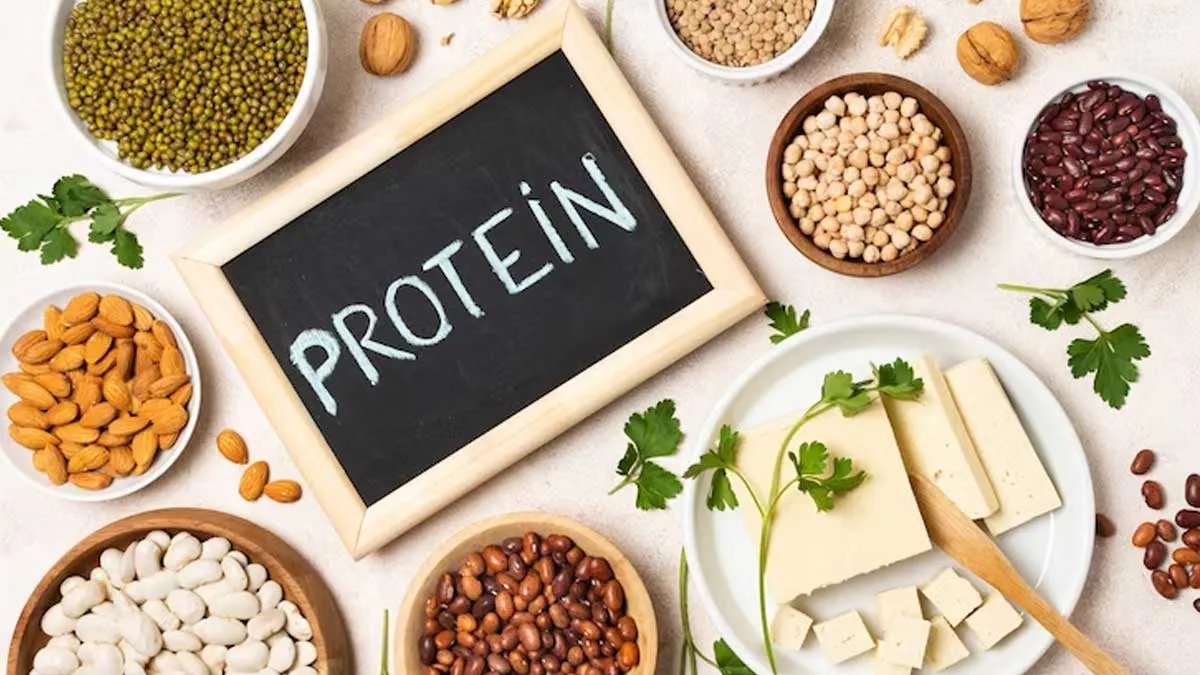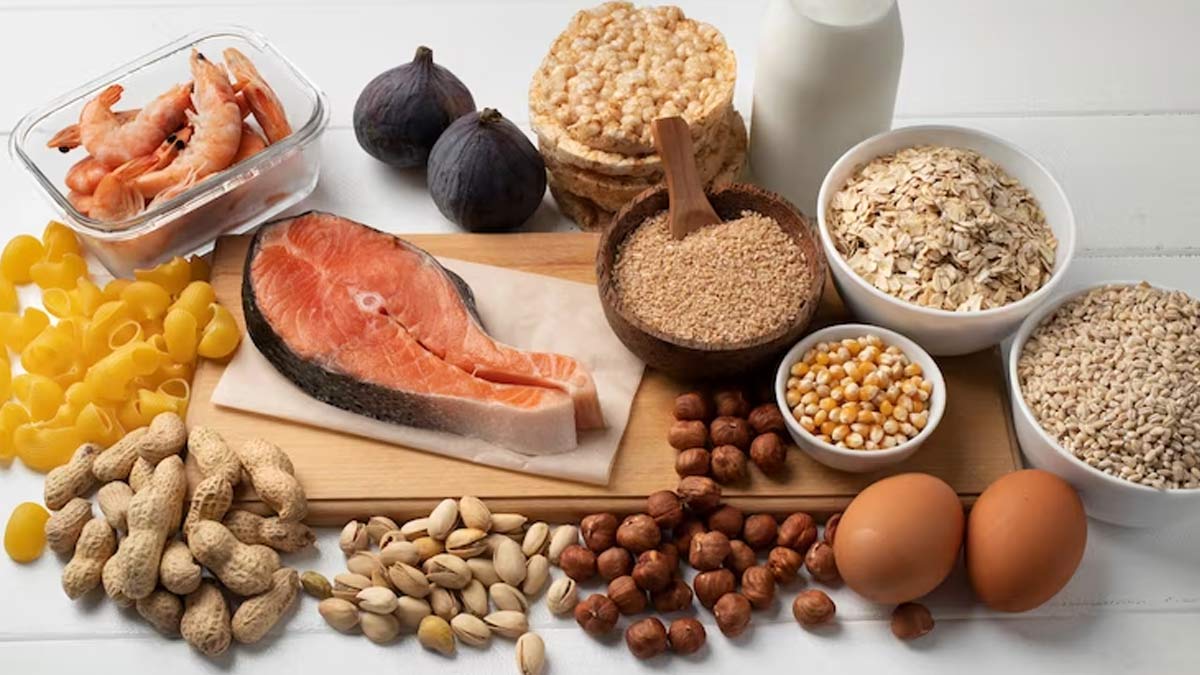
When it comes to diet, protein tends to get the spotlight and rightly so. From creating muscle and repairing tissues to keeping you fuller longer, protein is involved in virtually every function of your body. But how can you be sure that you're consuming enough of it? Too many people either under- or overestimate their protein intake, which impacts energy levels, immunity, and overall health.
Table of Content:-
We exclusively spoke to our expert, Dr Bhumesh Tyagi, Consultant, General Medicine and Physician, Shardacare, Health City, Noida, and asked him how does one make sure that they are having enough protein in a day. Here is what he shared with us but let us first understand what protein even matters.
Why Protein Matters
Protein consists of amino acids, the building blocks that assist your body in growing, healing, and functioning. It's necessary for:
- Muscle fixing and expansion following exercise.
- Hormone and enzyme synthesis, which govern key processes.
- Improved immunity, as antibodies are protein-based.
- Satiety and weight regulation, as protein makes you feel more satiated for a longer period.
How Much Protein Do You Actually Need?
Dr Tyagi informed that the daily recommended intake (RDA) for the typical adult is 0.8 grams of protein per kilogram of body weight per day. For a person weighing 60 kg, that's approximately 48 grams per day. Your needs might be greater if you:
- Engage in regular exercise or weight training.
- Are ill or injured and need to recover.
- Are pregnant or breastfeeding
- Are older than 50, as protein will assist in avoiding muscle wasting with age.
- Other exercise specialists suggest 1.2 to 2.0 grams per kilogram for active individuals.

Also Read: Did You Know Doing Nothing Is Important For Your Brain? Expert Shares Why
Signs You May Not Be Consuming Enough Protein
Your body sometimes sends you subtle signals when you're not consuming enough protein. Pay attention to:
- Constant fatigue or weakness
- Delayed recovery after exercise
- Weak and brittle hair and nails
- Chronic infections or impaired immunity
- Mood swings and difficulty focusing
- Sudden weight gain or muscle loss
Ways To Monitor Your Protein Intake
Here are expert-approved ways to monitor your protein intake in a day:
- Monitor your meals: Utilise apps or journals to track how much protein you take in every day.
- Check nutrition labels: Protein is often included on most packaged food products per serving.
- Calculate: Multiply your weight in kilograms by your protein need (0.8 to 2.0 g/kg based on activity).
- Consult a dietitian: They can provide an evaluation of your own needs according to lifestyle and health objectives.
Best Sources of Protein
If youre confused as to what to eat, here’s what Dr Tyagi recommended:
- Animal-based foods: Eggs, chicken, fish, turkey, dairy, lean beef.
- Plant-based foods: Lentils, beans, tofu, quinoa, nuts, seeds, and soy foods.
- Smart snacking: Greek yoghurt, roasted chickpeas, protein smoothies.

While protein is necessary, overdoing it can place undue stress on your kidneys and liver, particularly if you have underlying health conditions. The idea isn't to overload on protein but to add it regularly at every meal. Combine it with fibre-loaded vegetables, healthy fats, and whole grains for balanced nutrition.
Bottomline
Gaining sufficient protein need not be complicated. Begin by understanding your body's needs, heeding the signals it sends you, and subtly changing your diet. As an athlete, busy professional, or someone who wants to enhance health, sufficient protein is the key to strength, energy, and resistance.
Also watch this video
How we keep this article up to date:
We work with experts and keep a close eye on the latest in health and wellness. Whenever there is a new research or helpful information, we update our articles with accurate and useful advice.
Current Version
Oct 05, 2025 15:10 IST
Modified By : Chanchal SengarOct 05, 2025 15:10 IST
Published By : Tanya Srivastava